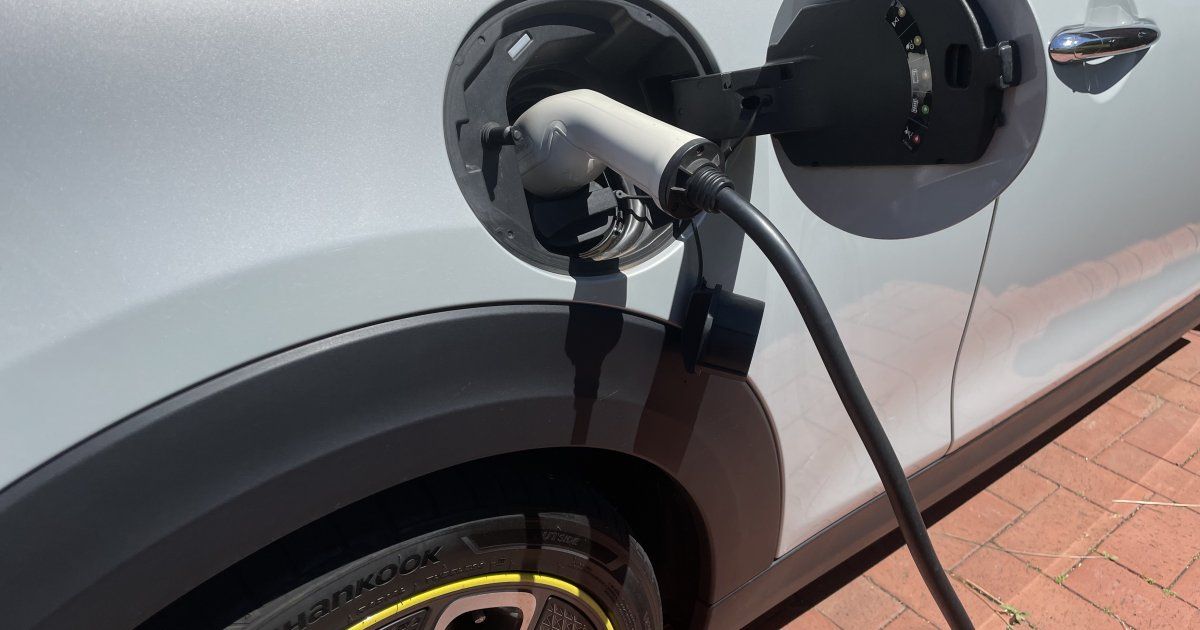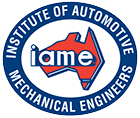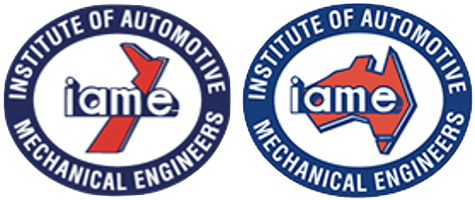New South Wales Reverses Course: Industry Reacts Negatively to Axing EV Rebate and Reintroducing EV Tax

In a surprising turn of events, the New South Wales state government has decided to withdraw its electric vehicle (EV) rebate program and reintroduce an EV tax, sending shockwaves through the automotive industry and environmental circles alike. This move has garnered a largely negative response from industry experts, environmental advocates, and consumers, raising questions about the state's commitment to clean energy and sustainable transportation.
The EV Rebate Program: A Promising Initiative
The New South Wales government had, until recently, been at the forefront of promoting electric vehicle adoption. One of its key initiatives was the EV rebate program, which provided financial incentives to individuals purchasing electric vehicles. This program aimed to encourage the transition from traditional internal combustion engine vehicles to cleaner, more sustainable electric alternatives.
The Rebate Reversal
However, the recent decision to scrap the EV rebate program has left many in disbelief. Industry experts had hailed the initiative as a positive step toward reducing carbon emissions and tackling air pollution in urban areas. The sudden withdrawal of financial incentives raises concerns about the state's dedication to its clean energy and environmental goals.
Reintroducing the EV Tax
To make matters worse, New South Wales has opted to reintroduce an EV tax. This tax will impose additional costs on electric vehicle owners, making EV ownership less appealing. Critics argue that such a tax could deter potential buyers and hinder the growth of the electric vehicle market in the state.
Negative Industry Response
Industry leaders and environmental advocates have not minced their words in responding to New South Wales' policy reversal. Here are some of the key concerns and criticisms:
Counterproductive Policy: The decision to eliminate the EV rebate and introduce an EV tax is seen as counterproductive to the state's goals of reducing carbon emissions and promoting sustainable transportation. It sends a mixed message to consumers and manufacturers alike.
Incentive Erosion: The removal of incentives for electric vehicle purchases could slow down the adoption of EVs, hampering the state's efforts to reduce greenhouse gas emissions and air pollution.
Competitive Disadvantage: Critics argue that this move puts New South Wales at a competitive disadvantage compared to other states and countries actively encouraging electric vehicle adoption and reducing the carbon footprint of transportation.
Reduced Innovation: By discouraging electric vehicle adoption, New South Wales risks missing out on the benefits of electric vehicle innovation and technology, potentially impacting its long-term economic growth.
The New South Wales state government's decision to axe its EV rebate program and reintroduce an EV tax has sent shockwaves through the industry and environmental circles. While the state had been making strides in promoting sustainable transportation, this reversal raises questions about its commitment to clean energy and environmental stewardship.
Industry experts and environmental advocates argue that these policy changes are counterproductive and could hinder the growth of the electric vehicle market in the state. The long-term implications of such decisions on the environment, economic competitiveness, and technological innovation remain uncertain, leaving many concerned about the future of electric mobility in New South Wales.








